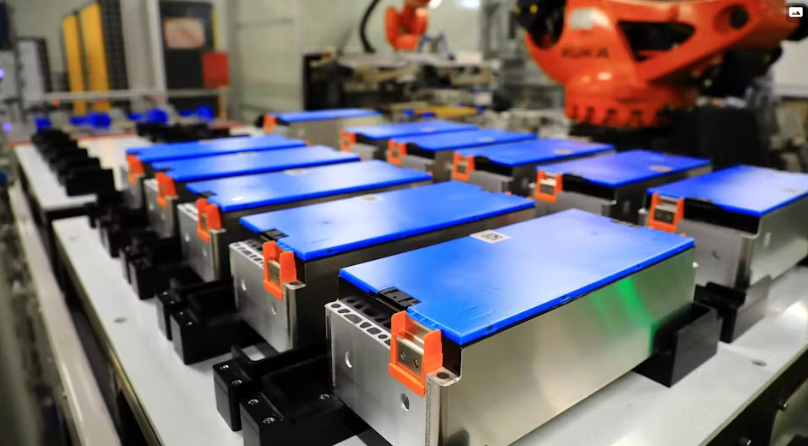
The lithium-ion battery market in Thailand is experiencing rapid growth, driven by the increasing demand for electric vehicles (EVs), renewable energy storage, and industrial applications. Among the various types of lithium-ion batteries, Lithium Iron Phosphate (LiFePO4 or LFP) batteries stand out for their safety, longevity, and cost-effectiveness. This article delves into the production and market demand for LFP batteries in Thailand, their applications, growth data, and the impact of Chinese EV brands entering the Thai market.
Thai LFP Battery Production and Market Demand:
Thailand’s LFP battery production is gaining momentum, with the country aiming to become a regional EV production hub. The Thai government has set ambitious targets for zero-emission vehicles to account for 30% of local automobile production by 2030. This initiative is attracting significant investments in battery manufacturing, including LFP batteries. The LFP battery market was valued at $17.54 billion in 2023 and is projected to reach $48.95 billion by 2031, reflecting a CAGR of 13.85% from 2024 to 2031.
Applications and Growth Data:
LFP batteries are finding increasing applications in various sectors due to their high thermal stability, extended cycle life, and lighter weight. In Thailand, the demand for LFP batteries is driven by the growth in EVs, renewable energy storage, and industrial vehicles. The Thai market for LFP batteries is expected to grow significantly, with a focus on applications such as:
- Bangkok LFP Battery Replacement: As the capital city, Bangkok’s demand for reliable and eco-friendly battery solutions is on the rise, particularly in the transportation sector.
- Thai Forklift Batteries: Industrial applications, such as forklifts, are increasingly adopting LFP batteries for their durability and lower maintenance costs.
- Golf Cart Batteries in Thailand: The tourism industry, a significant contributor to Thailand’s economy, is also turning to LFP batteries for golf carts, enhancing sustainability efforts.
Impact of Chinese EV Brands:
Chinese EV brands are making significant inroads into the Thai market, with investments in local production facilities and partnerships. This is expected to account for over 70% of total BEV sales in the ASEAN region this year. The presence of Chinese brands is not only boosting the demand for LFP batteries but also influencing the local manufacturing landscape, leading to technology transfers and increased production capabilities.
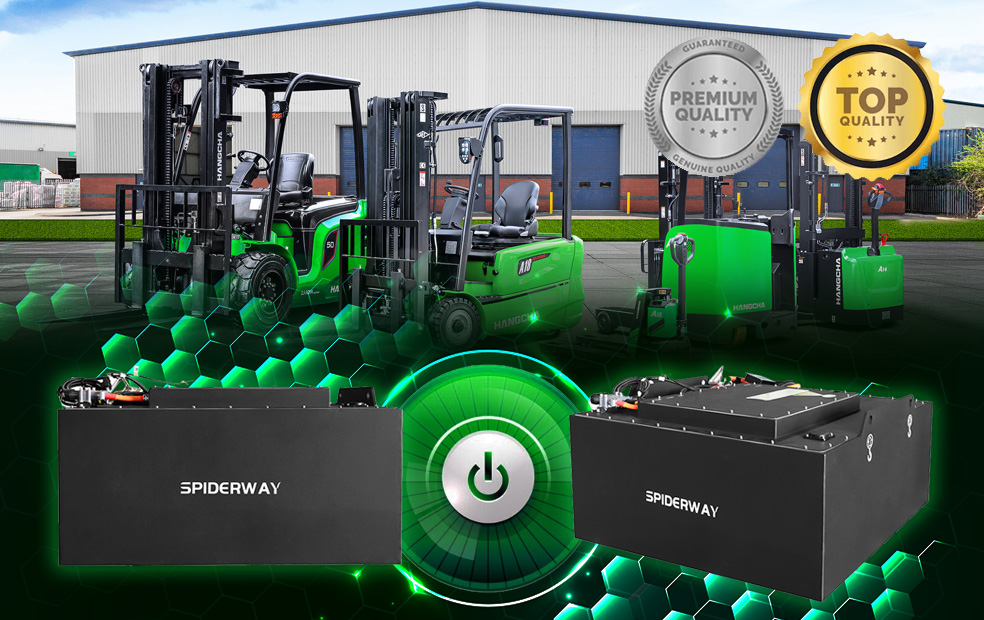
Export Data and Reasons for Growth:
China’s LFP battery export data has shown a consistent upward trend due to several factors:
- Economies of Scale: Chinese manufacturers have achieved significant cost reductions through large-scale production.
- Advanced Manufacturing Technology: Investments in advanced technologies have improved efficiency and reduced waste.
- Vertical Integration: Control over the entire supply chain minimizes intermediary costs and enhances quality control.
- Government Support: The Chinese government has been a strong advocate for the new energy industry, providing substantial support and incentives.
SPIDERWAY LFP Battery Product Advantages:
SPIDERWAY, a leading LFP battery manufacturer, has established a strong presence in the Thai market. Their products are known for:
- High-Power, High-Capacity Solutions: Engineered for heavy industrial vehicles, including port flow machinery and heavy forklifts.
- Automated Production: Ensuring consistent quality and high production efficiency.
- Customization: Tailoring LFP batteries to meet the unique demands of specific industries.
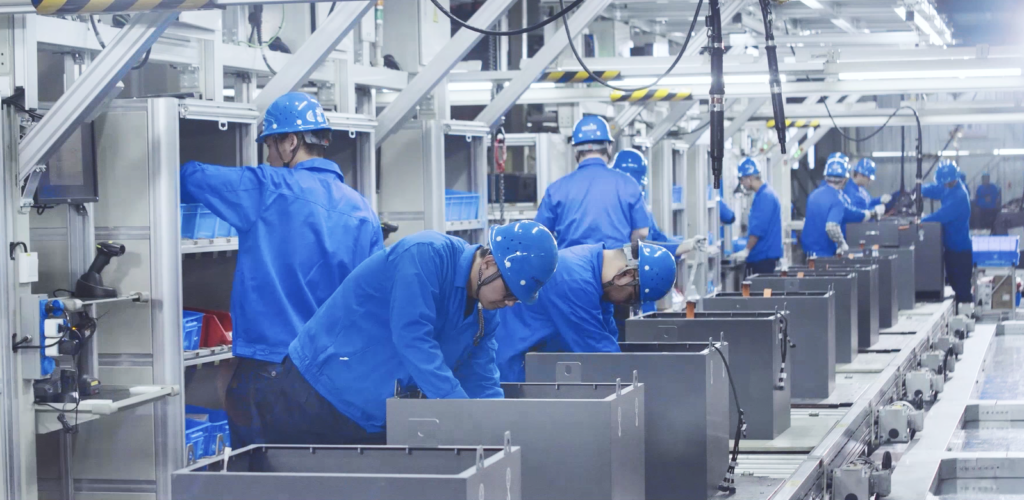
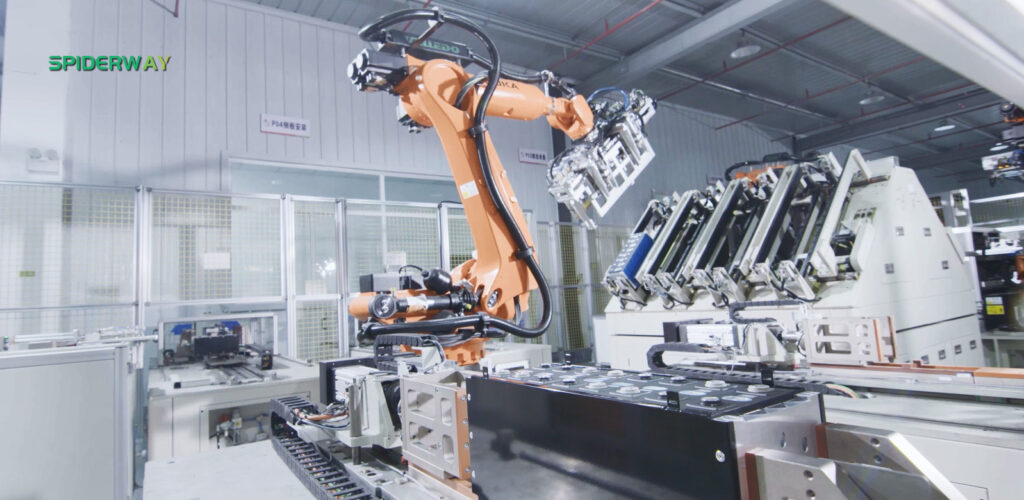
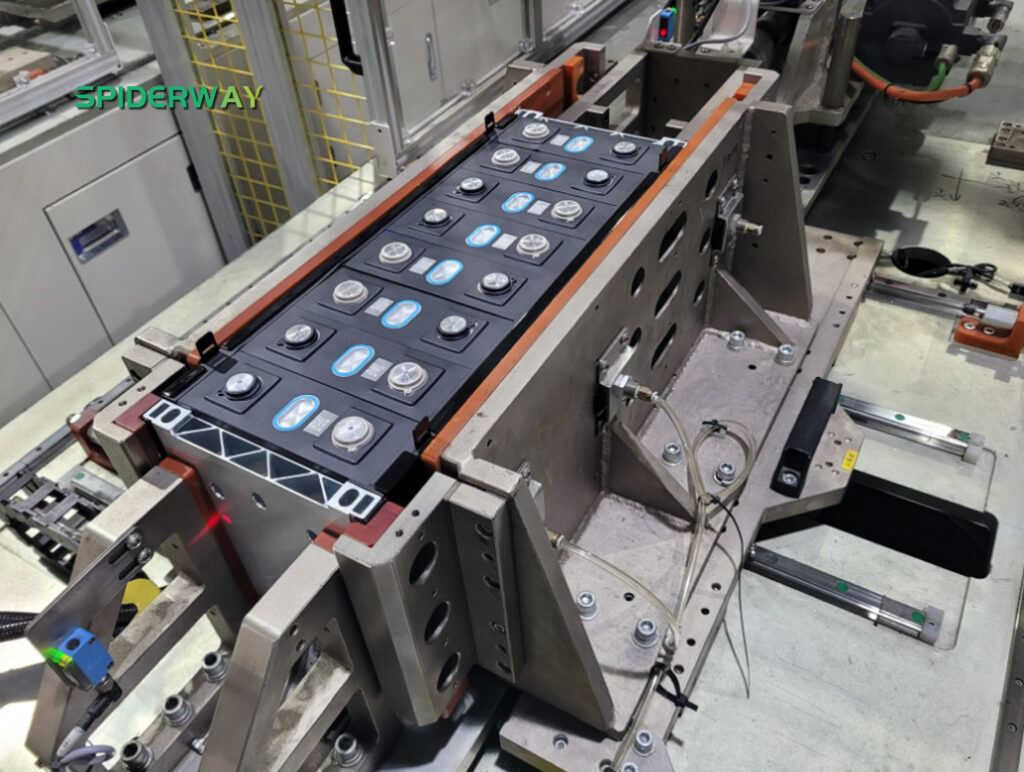
Thailand’s LFP battery market is poised for significant growth, driven by the increasing demand for EVs, renewable energy storage, and industrial applications. The entry of Chinese EV brands and the competitive advantages of Chinese LFP battery manufacturers are further catalyzing this growth. Companies like SPIDERWAY, with their focus on quality and innovation, are set to play a crucial role in meeting the growing demand for LFP batteries in Thailand and beyond.

